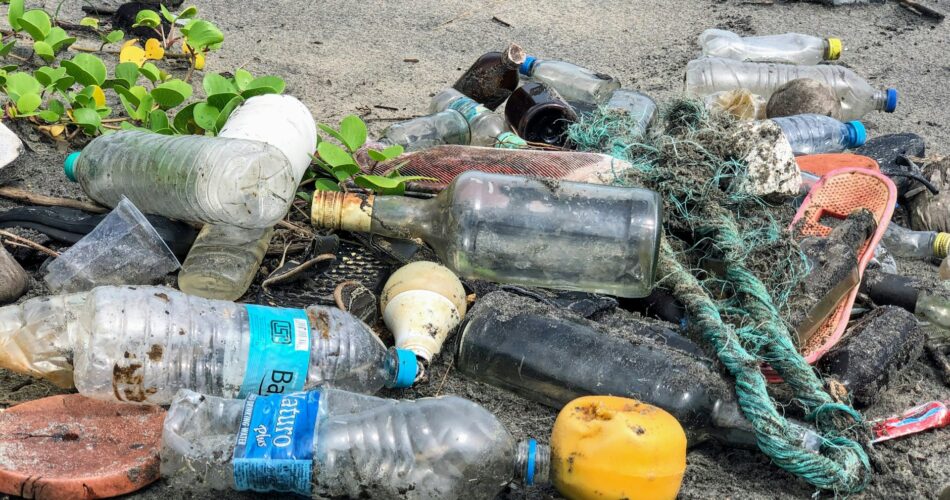Why was this allowed?
In Yogyakarta, Indonesia, authorities have allowed two years of uncollected garbage to accumulate near a Catholic church and university, raising concerns among local residents. The mounting waste—spanning 75-80 meters along the road—is emitting foul odors and creating unsanitary conditions, especially during the rainy season when it mixes with rainwater. The affected institutions, St. Antonius Padua Catholic Church and Sanata Dharma Catholic University, have expressed frustration at the lack of action, with church members struggling with parking and enduring the stench. A church member, Susi Sasmita, lamented the passive response of Christians to discriminatory treatment, suggesting that similar issues near a mosque might provoke a much stronger reaction.
A public protest was staged by Rev. Andalas Mutiara, a priest and university lecturer, on October 24. In a dramatic gesture, he lay atop the garbage pile in a cross-like position, urging authorities to take immediate action. His demonstration highlighted the environmental and moral implications of neglecting waste management. Calling the situation a “garbage Golgotha,” he urged people not to normalize such conditions, which he deemed a reflection of societal disregard for creation and spirituality. His appeal gained traction, prompting a government inspection of the waste disposal site in mid-November.
In response to the criticism, Hanif Faisol Nurofiq, head of Indonesia’s Environmental Control Agency, suggested temporary solutions like establishing waste banks and raising public awareness about waste segregation while the government works on long-term strategies. The regional governor, Sultan Hamengku Buwono X, instructed local officials to engage with national authorities to address the crisis.
Elsewhere in Indonesia, a different issue arose when a mentally disturbed woman disrupted a Catholic Mass in Surabaya, East Java. Arriving at St. Stephen’s Catholic Church with a knife, she caused alarm among parishioners by behaving erratically during the service. Police later confirmed her mental condition and took her into custody. Such incidents often occur around local elections, as extremist groups sometimes target Christians to incite unrest, according to local activists.
Indonesia, where Christians make up just over 11% of the predominantly Muslim population, ranked 42nd on Open Doors’ 2024 World Watch List for countries where it is most challenging to practice Christianity. Rising conservatism and hostility toward evangelistic activities have increased risks for churches in the country, emphasizing the need for greater protection and equality for religious minorities.
